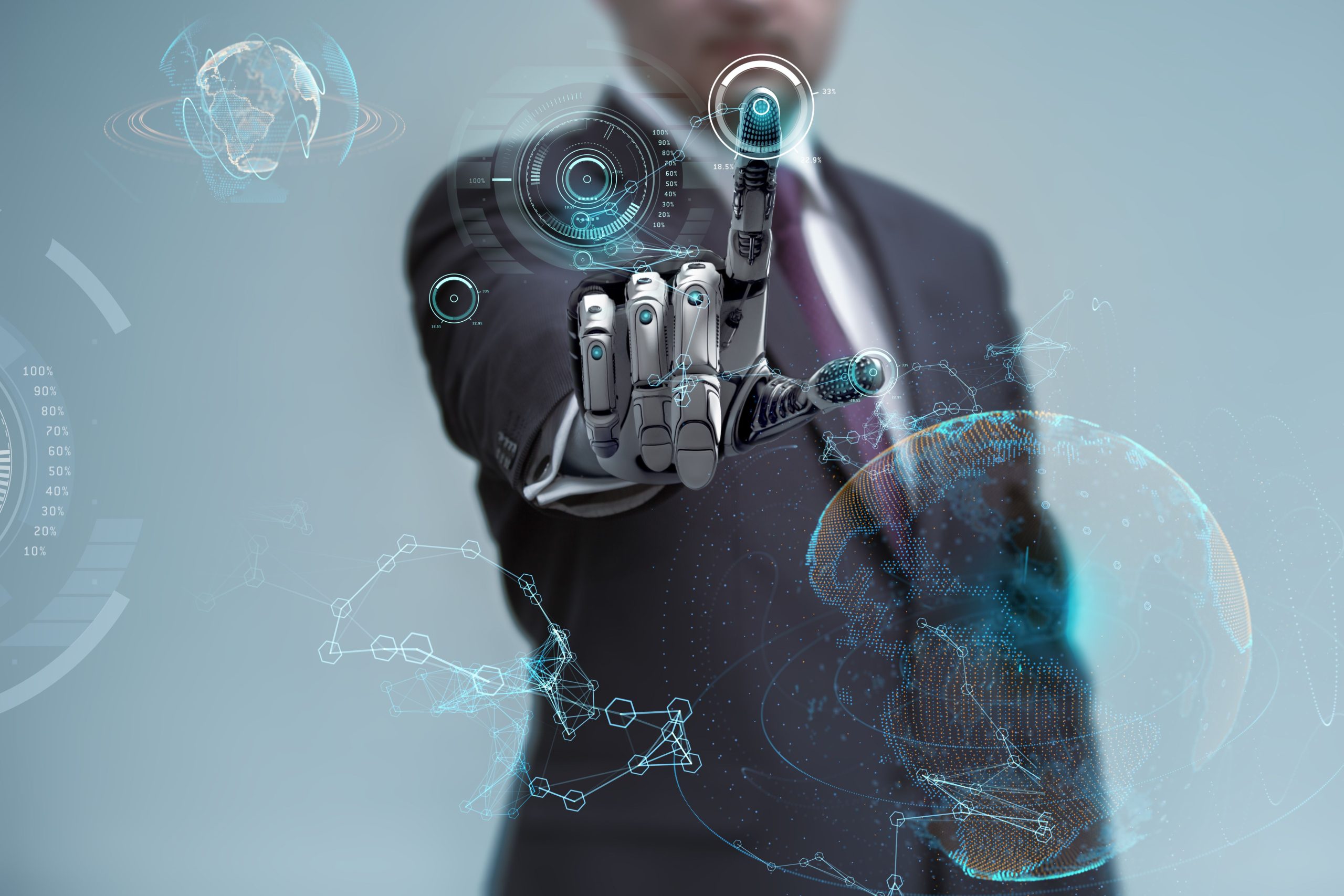In today’s digital age, where technology is transforming every industry, the role of Artificial Intelligence (AI) in enhancing cybersecurity is more crucial than ever. As businesses become more reliant on digital infrastructure, data security and privacy threats also increase. With its advanced capabilities, AI is becoming a key player in the fight against cyber threats. Let’s explore why AI is so important for cybersecurity and what it means for the future of business.
The Growing Cybersecurity Challenge
Cyber threats are becoming more sophisticated and widespread. Every business, regardless of size, faces a multitude of risks, from data breaches and ransomware attacks to phishing scams and insider threats. The impact of a security breach can be severe, resulting in financial losses, damage to reputation, and legal consequences.
While necessary, traditional cybersecurity measures often struggle to keep up with the ever-evolving threat landscape. AI steps in to offer a proactive and dynamic approach to cybersecurity.
AI in Cybersecurity: A New Paradigm
1. Threat Detection and Prevention AI-powered systems can analyze enormous amounts of data in real time, spotting patterns and anomalies that might indicate a cyber threat. Machine learning algorithms can detect unusual behavior or unauthorized access attempts, allowing quick action to prevent breaches. For example, AI can monitor network traffic and flag suspicious activities, such as a user accessing sensitive data at odd hours or from an unusual location.
2. Automated Response and Mitigation Speed is critical in cybersecurity. AI can automate responses to detected threats, drastically reducing the time needed to mitigate potential attacks. Automated systems can isolate affected networks, shut down compromised endpoints, and start remediation processes without human intervention, minimizing the impact of a cyber incident.
3. Predictive Analytics AI’s predictive abilities let businesses anticipate potential threats before they happen. AI can forecast future attacks and vulnerabilities by analyzing historical data and identifying trends. This foresight enables organizations to strengthen their defenses proactively, addressing weaknesses before exploiting them.
4. Enhanced User Authentication AI improves user authentication processes using technologies like biometric recognition and behavioral analysis. AI-driven systems continuously monitor user behavior, such as typing patterns and mouse movements, ensuring access is granted only to legitimate users. This reduces the risk of unauthorized access and identity theft.
The Future of Business with AI and Cybersecurity
1. Building Trust and Confidence Businesses that adopt AI-driven cybersecurity measures can build greater trust and confidence among their customers and partners. By showing a commitment to robust security practices, companies protect sensitive data and enhance their reputation and competitive edge.
2. Enabling Innovation Secure digital environments are essential for fostering innovation. With AI safeguarding their systems, businesses can confidently pursue digital transformation initiatives, such as adopting IoT devices, cloud services, and remote work solutions, without compromising security.
3. Regulatory Compliance AI can help businesses navigate the complex landscape of regulatory compliance. By automating compliance monitoring and reporting, AI ensures that organizations adhere to data protection laws and industry standards. This reduces the risk of regulatory penalties and improves overall governance.
4. Adapting to Evolving Threats Cyber threats are constantly evolving, and so must defenses. AI’s ability to learn and adapt makes it invaluable for staying ahead of cybercriminals. Improvement in AI algorithms ensures businesses can effectively handle new and emerging threats.
Challenges and Ethical Considerations
While AI offers significant advantages in cybersecurity, it also presents challenges and ethical considerations. The potential for AI systems to be misused highlights the need for robust oversight and ethical guidelines. To avoid unintended consequences, businesses must ensure their AI deployments are transparent, fair, and aligned with ethical standards.
Conclusion
Integrating AI into cybersecurity marks a transformative step towards securing the future of business. By leveraging AI’s capabilities in threat detection, automated response, predictive analytics, and user authentication, businesses can build resilient defenses against cyber threats. As we progress, the synergy between AI and cybersecurity will be crucial in fostering a secure digital landscape where businesses can innovate and thrive confidently.
In essence, AI is not just a tool but a vital partner in the ongoing quest to safeguard digital assets. Embracing AI-driven cybersecurity solutions will be essential for businesses aiming to navigate the complexities of the digital age securely and successfully.



